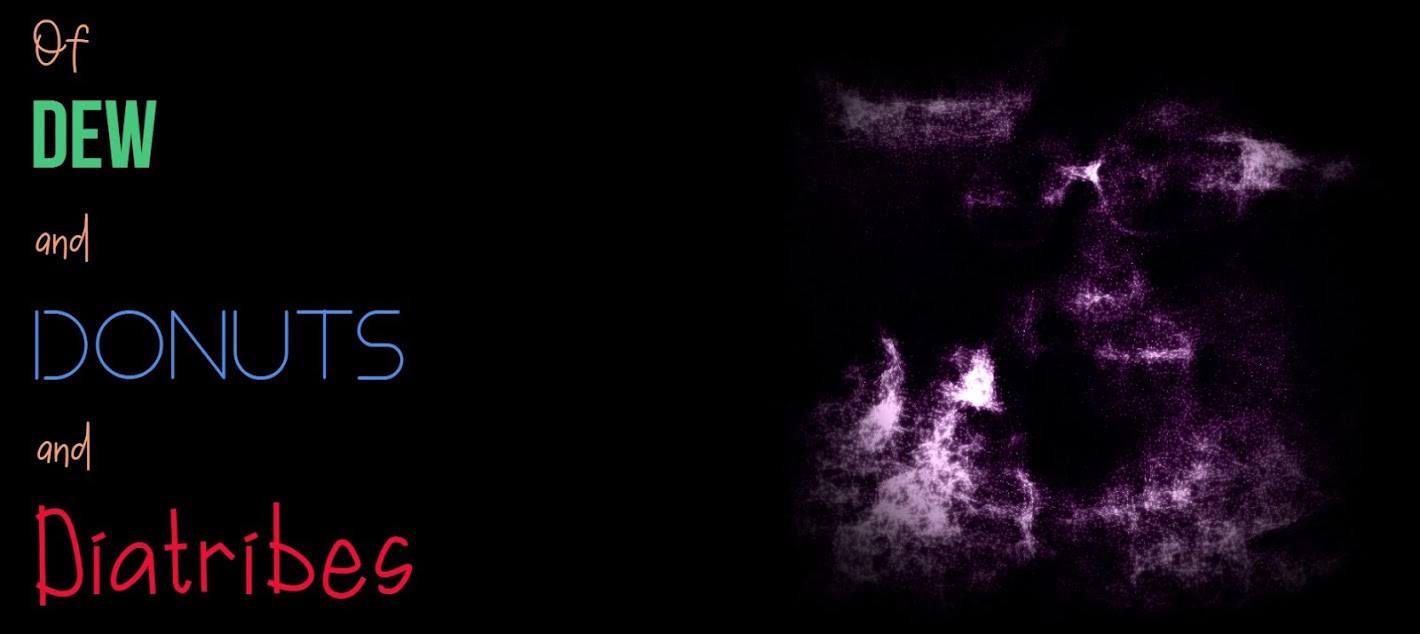 Blue Valentine
Blue Valentine(R)
Directed by Derek Cianfrance
Running Time: 112 minutes
Originally Released: January 24, 2010 (Sundance Film Festival)
* * * * (out of four)
In general, I don’t like movies that wallow in the bleak aspects of life, as though nothing good exists or really comes out of anything. I’m not talking about movies with a sad or tragic ending, but movies that are almost pervasively negative and depressing, from start to finish. Critics tend to laud these films, but the praise and the movies alike strike me as pseudo-intellectual, pseudo-artistic fodder, at least most of the time. I make these preliminary remarks because Blue Valentine could easily be lumped into the same general category as these other films; it is a depressing, slow-moving tale that leaves a somberness hanging in the air once the end credits begin to roll. All that being said, there is something beautiful about it. It is an excellent film.
Ryan Gosling and Michelle Williams star as Dean and Cindy Pereira, respectively. Cindy is a nurse, Dean a painter. Frankie is their daughter, four years old or so, and the apple of Dean’s eye. But there is a disconnect in the home. Cindy thinks Dean is too childish and has squandered his potential. Dean just wants his family to be happy and to love him, to think of their life as perfect—or at least good enough—and yet not at the expense of his having to change. He has a kind of “just do it” attitude about being content with their life. He’s the kind of person that wants to overlook the negative, to pretend things are fine, even when they’re clearly not. As such, he doesn’t meet Cindy’s needs, and she doesn’t meet his. Both parties want life to be what they want it to be, and it’s just not. Dean pretends, Cindy endures.
Blue Valentine is all about juxtaposition. The film toggles back and forth between the beginning of Dean and Cindy’s romance—never perfect, but at least naively hopeful at one point—and the steady disintegration of that relationship. The subtlety with which this metamorphosis is examined is what makes the film so remarkably good. The contrast between Dean and Cindy’s early and late relationship is not entirely stark; their relationship is not painted as a blissful romance that turns horribly sour. Instead, the sweet and the sour are both always there, to some degree or another. These are two frail and fragile characters who cling to each other and find that, over time, their affections have curdled. Maybe they should have known better. Maybe they never should have developed their relationship as much as they did. These are obvious points to ponder, ones the characters undoubtedly confront and ones the audience can’t help but consider.
Again, it is the genuineness with which every interchange and scene unfolds that makes Blue Valentine such an accomplishment. Gosling and Williams are both phenomenal. Williams received a well-deserved Oscar nomination for her performance, and both Gosling and Williams received Golden Globe nominations. Gosling has quickly become one of my favorite actors, but Williams may very well outshine him here. Both actors are unbelievably good at being believable. There isn’t the slightest hint in either performance that this is not who these people are, that you are not simply watching a real-life couple in their best and worst moments. I don’t know how much of the dialogue was ad-libbed, but I think the script by Cami Delavigne, Joey Curtis, and director Derek Cianfrance deserves special mention. The film doesn’t sound written, and that’s precisely why it succeeds in the manner that it does. When Dean is jealous of Cindy’s run-in with an ex-boyfriend, he talks as a jealous person would talk rather than saying jealous-sounding things. There is a difference, and it takes good writing to tease out the difference.
Blue Valentine is an emotionally brutal film, but its brutality stems more from the veracity of its presentation than from its explicitness. This is true of the arguing that takes place between Dean and Cindy, for instance, but it’s also true of the film’s notorious sexuality. I don’t think that a film is sexually graphic only if it shows certain body parts, but I admit I’m surprised that the film was originally given an NC-17 rating (a rating that was later repealed). There are a few sex scenes, but it doesn’t get as explicit as you’d think. I suspect that it is the non-stylized manner in which the sex is depicted that makes it seem more explicit. It seems too real, perhaps, even though it doesn’t reveal nearly as much as you’d find in other films. Is cinematic sex really less offensive or graphic if it’s not accompanied with music and presented as a montage of close-up, writhing body parts? I don’t know. Apparently some will feel that way. Such people have further reason to steer clear of Blue Valentine, if they wish to remain fully comfortable with what’s depicted onscreen. Besides that, the sadness of the film should be enough to give sensitive viewers pause. If you can’t handle melancholia, you probably shouldn’t be watching this movie. Just know that you’ll be missing out on a tremendously well-done film.

You have roped me in. I would like to see this film even if it is sad. It sounds like there are things to be learned from it, also that it is very nicely done. I love your reviews.
ReplyDeleteYou made me want to see it too, but I fear I'm one of the people that would be too sensitive etc. What do you think?
ReplyDelete